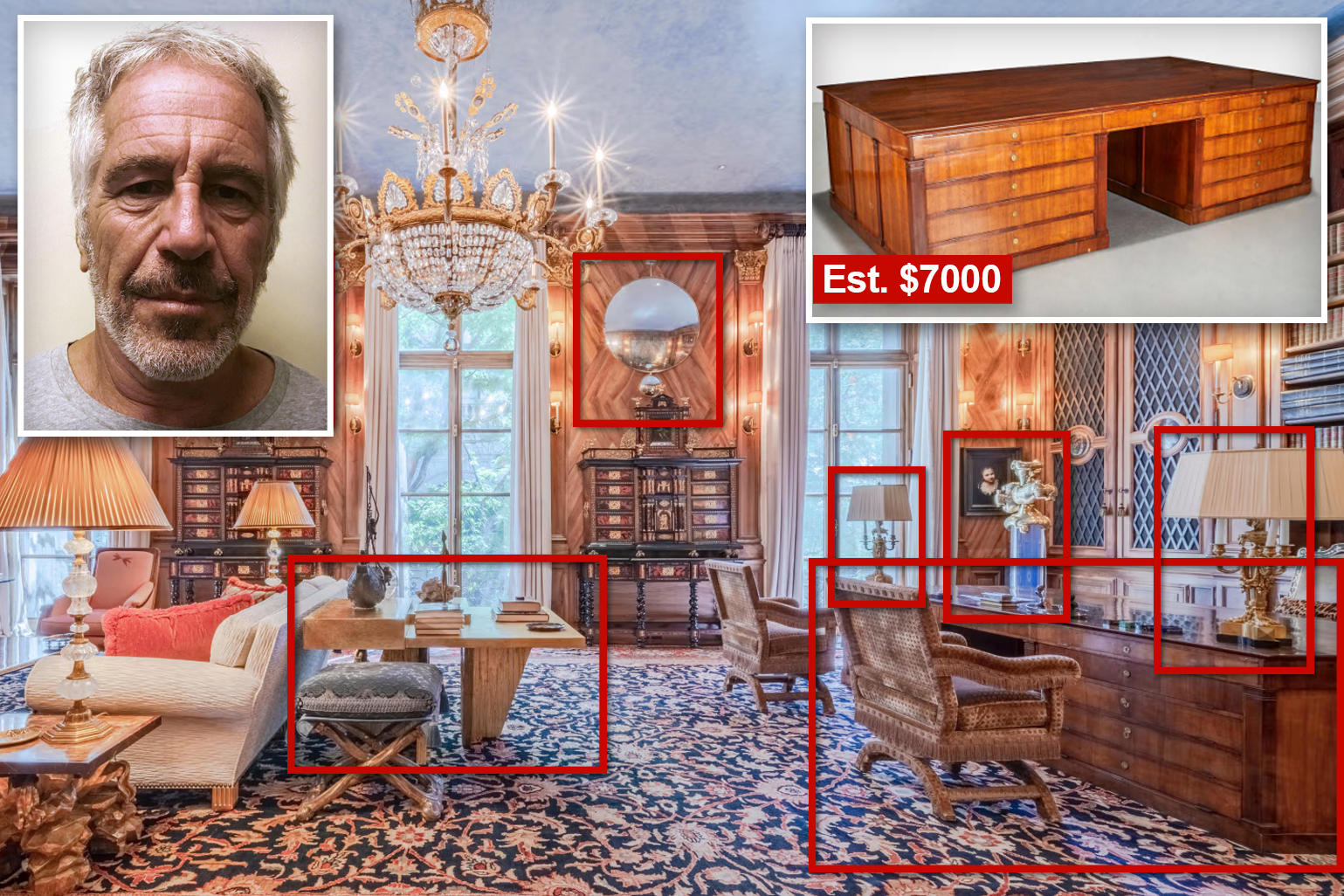T
his week's Q&A column is sponsored by Hope Peele of The Peele Group and Corcoran McEnearney, the leading real estate firm in Alexandria. To learn more about this article and relevant market news, contact The Peele Group at 703.244.6115 or email [email protected].
A common question for first-time homebuyers is what components make up a Virginia real estate contract. When a buyer makes an offer on a home, they're outlining their preferred terms in the offer sales contract. If both parties agree, this document becomes the ratified sales contract.
Key terms to be agreed upon include settlement date and agent, earnest money deposit (EMD), contingencies, wood-destroying insect inspection, condo or HOA doc review period, and disclosures. The buyer's agent will help clarify these terms and write up the offer.
The EMD is a deposit held by the settlement agent until closing, which can be used towards the buyer's closing costs. If the buyer defaults on their obligations, this money may be dispersed according to agreement.
Contingencies are "exit ramps" for buyers, allowing them to void the contract without losing their EMD during specific time periods: inspection (3-7 days), financing (21 days), and appraisal (14-21 days). The appraised value can affect the sales price, and if it's lower, the buyer may request a price match or void the contract.
Other components include wood-destroying insect inspections, condo or HOA doc reviews, and disclosures. Reviewing these documents early on can make the process smoother. Don't hesitate to ask your agent for clarification on any terms you don't understand.
Hope Peele is a licensed real estate agent with Corcoran McEnearney in Alexandria, Virginia. She's dedicated to guiding her clients through the home-buying or selling process. Contact Hope at 703.244.6115 or email [email protected] for more information.















